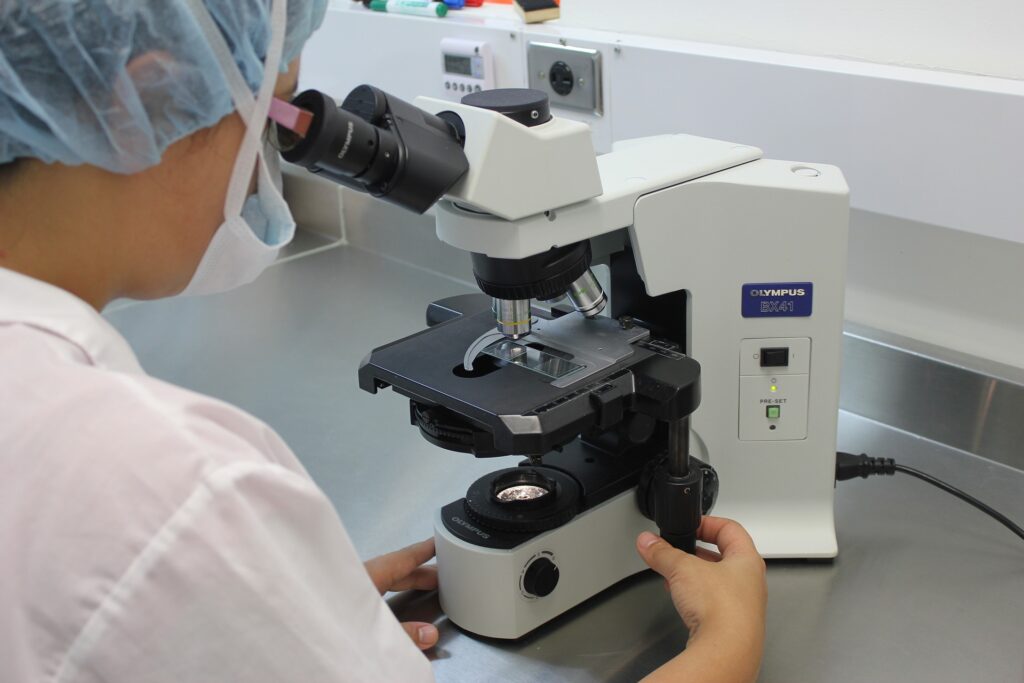Our brain is what it eats – an Arte documentation and what we can learn from it
This descriptive documentation of the Arte TV channel shows very clearly the connections between an unbalanced diet, the resulting micronutrient deficiencies and the effects on the brain. Various experiments have shown that mice that grow up with a deficiency of omega-3 fatty acids have deficits in the formation of their neurons and are much more anxious.
A particularly striking example showed an experiment with field hamsters. Here a simple vitamin B3 deficiency was sufficient to trigger aggressive behaviour during mating in over 80% of females. In the further course of the experiment, these females even ate their offspring directly after birth. After the vitamin B3 deficiency had been remedied, the females showed normal behaviour again, despite continued unbalanced diet (thus the vitamin B3 factor could be clearly identified as the trigger).
In humans, long-term observations and studies showed similar results. Already in the uterus, the nutrition of the mother decides about the brain development and the emotional development of the fetus and newborn.
Mothers who eat “junk food” with a low omega-3 fatty acid concentration and high sugar content give birth to children that tend to act more aggressive. If this form of nutrition is continued in childhood, aggressive behaviour, anxiety and attention disorders are pre-programmed. If there is a lack of omega-3 fatty acids, the function of the brain is disturbed, the communication between neurons and the neurogenesis are impaired.
The second cardinal error of Western nutrition is the flooding of highly processed foods with cheap refined sugars. Experiments have shown that this hidden sugar poisoning may show higher addiction effects than cocaine. The consequences are insulin resistance, diabetes and dementia.
Of course, this form of unbalanced nutrition also has an effect on the intestines and the gut microbiota (and their genetic diversity, the microbiome), which have a significant influence on the health of our body and mind. Concrete examples show that the density of nutrients in food influences the way we make decisions and solve daily problems. But we do not want to reveal too much here, watch for yourself:
You are currently viewing a placeholder content from YouTube. To access the actual content, click the button below. Please note that doing so will share data with third-party providers.
Unfortunately this excellent video don’t provide English subtitles, a more scientific alternative about the MIND diet in English can be found here:
You are currently viewing a placeholder content from YouTube. To access the actual content, click the button below. Please note that doing so will share data with third-party providers.
Conclusion:
As far as mental and brain health is concerned, nutrition seems to be a major component of prevention, particularly with regard to dementia. An alteration towards the Mediterranean diet or even better the MIND diet increases our chances to remember the names of our grandchildren in the future and to actively participate in life. Just leave the “industrial garbage” on the shelf, even if it is sometimes difficult.





